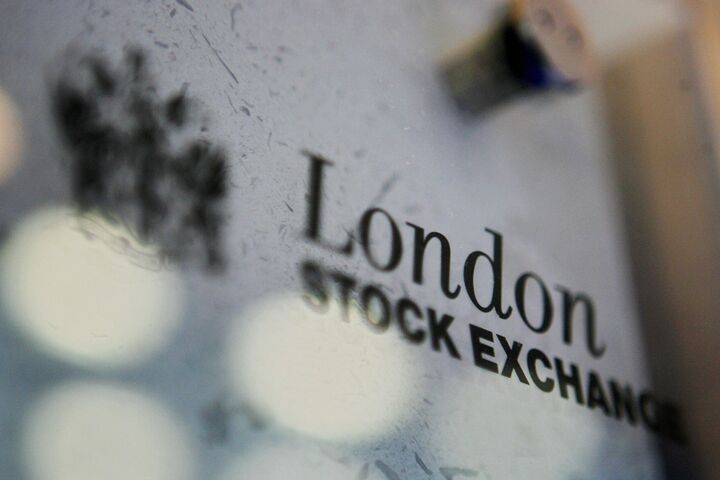
New Stats: Britain Owned by Foreigners
Two trends are combining to put Britain up for sale to outsiders: declining private ownership and increasing foreign ownership. According to new figures released by the Office for National Statistics, two fifths of UK-quoted shares (£742 billion) are owned by foreigners, up from £538 billion in 2005. The ftse top 100 companies are 44 percent foreign-owned.
In 1981, 96.4 percent of total shares were owned by Britons.
Corresponding with this trend in foreign ownership is a trend away from small investor holdings in the stock market. In 1963, fifty percent of the total shares in play were owned by small investors. Now, they hold an all-time low 13 percent.
According to the Independent, decades of privatizing state-owned assets and demutualizing other companies was supposed to turn the British economy into a “share-owning democracy.”
Instead, Britain has traded its way out of British hands.
Stock market crashes, pension scandals and big-name failures such as Equitable Life have scared off scores of smaller investors, leaving the door open for foreign takeovers.
As the government relinquished control of utilities and other assets, stockholders eagerly gobbled them up, as planned. But they were stockholders in Germany, Spain, France and elsewhere. British stockholders in prominent companies have proved too eager to trade their steady returns for one-time windfall profits. As a result, firms such as Powergen and London Electricity are now owned by Germany’s E.On and Électricité de France.
British corporate symbols such as airport giant baa, Abbey National and Corus, once owned by millions of small shareholders, now appear on Grupo Ferrovial, Banco Santander and Tata balance sheets. Thames Water, Marconi Corporation, Pilkington, English Welsh & Scottish Railway, Scottish Power, the Peninsular and Oriental Steam Navigation Company and Sainsbury sound quite British, but their owners are not. The same is true for automotive manufacturers Rolls-Royce, Land Rover, Bentley, Jaguar and mg Rover.
Of course, British companies also purchase foreign companies, but foreigners have consistently purchased more British public companies than vice versa over the past five years. “The scale of what is happening is truly breathtaking,” the Guardian reported. “[N]o other economy is as open as Britain’s or makes takeovers so easy” (Feb. 17, 2006).
Although Britain continues receiving foreign cash for its companies, losing its most strategic industries could prove to be a fatal miscalculation. For more on this subject, read “Selling Britain’s Corporate Crown Jewels.”
